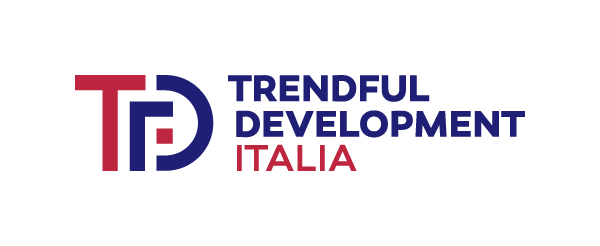Food supplements are considered by the ministry to be foodstuffs in their own right. This is reflected in the production standards governing supplements and the claims that may be used on the label. It is not possible, with some exceptions, to refer to supplements as a medicine or to attribute explicit curative properties to them except in certain exceptions or for special, proven cases.
But what are the legal obligations and voluntary certifications concerning supplements?
Summary
- Legal obligations and voluntary certifications
- Food supplements legislation: regulatory aspects in the European Union and Italy
- Ingredients permitted for the manufacture of food supplements
- Labelling of food supplements: Requirements in the EU
- Norms and certification standards for food supplements
Legal obligations and voluntary certifications
Supplements are subject to good manufacturing practices, what the Anglo-Saxons call GMP (Good Manufacturing Practice). Manufacturers can sign up to audits by private bodies on the application of HACCP systems or follow the application of a self-control manual. But let’s get into the specifics.
Food supplements legislation: regulatory aspects in the European Union and Italy
Within the European Union, the production of food supplements is regulated according to the same rules as food, as established by EC Regulation No 178/2002.
The main European directive regulating the food supplements sector is Directive 2002/46/EC, which provides lists of permitted vitamins and minerals for production, as well as establishing requirements regarding product labelling.
The European Food Safety Authority (EFSA) plays a significant role in this context, providing scientific assessments of product safety that support the European Commission’s decisions. In Italy, Directive 2002/46/EC was implemented through Legislative Decree No. 169 of 21 May 2004.
The Ministerial Guidelines (LGM) provide provisions for aspects that are not harmonised at European level. Article 5 of DL 169/2004 sets out sections on the permitted use of vitamins, minerals and other substances in the manufacture of food supplements, including maximum permitted doses and provisions for prebiotics and other substances with a nutritional or physiological effect.
The use of botanicals (plant preparations) is regulated by the Ministerial Decree of 9 July 2012, as amended by the Decree of 27 March 2014. To be used in the manufacture of food supplements, a substance must have demonstrated significant consumption in Europe as proof of safety, otherwise it is considered a novel food and requires European authorisation for use.
Before marketing a food supplement, the Ministry of Health must be notified of the label and the product must be listed with a specific code.
Ingredients permitted for the manufacture of food supplements
The ingredients permitted for the manufacture of food supplements are listed in Annex I of Directive 2002/46/EC and include vitamins and minerals used for nutritional purposes, such as vitamin C and calcium.
Annex II of the same directive includes substances authorised as sources of the vitamins and minerals listed in Annex I. Ingredients other than vitamins and minerals may be used under other EU or national regulations.
Labelling of food supplements: Requirements in the EU
The labelling requirements for food supplements, as defined by Directive 2002/46/EC, include the indication of the nutrients present in the product, the recommended daily dose, safety warnings and warnings on the correct use of the product.
Health claims must not suggest properties to prevent, treat or cure diseases.
Norms and certification standards for food supplements
Although food supplements are not considered traditional foods, applicable regulations and standards often coincide. Systems & Consulting can assist in obtaining mandatory or voluntary certifications, including the application of HACCP or HAPRC systems for the US market, GMP (Good Manufacturing Practices), and certifications to food regulations and standards such as BRC, IFS and FSCC 22000.


